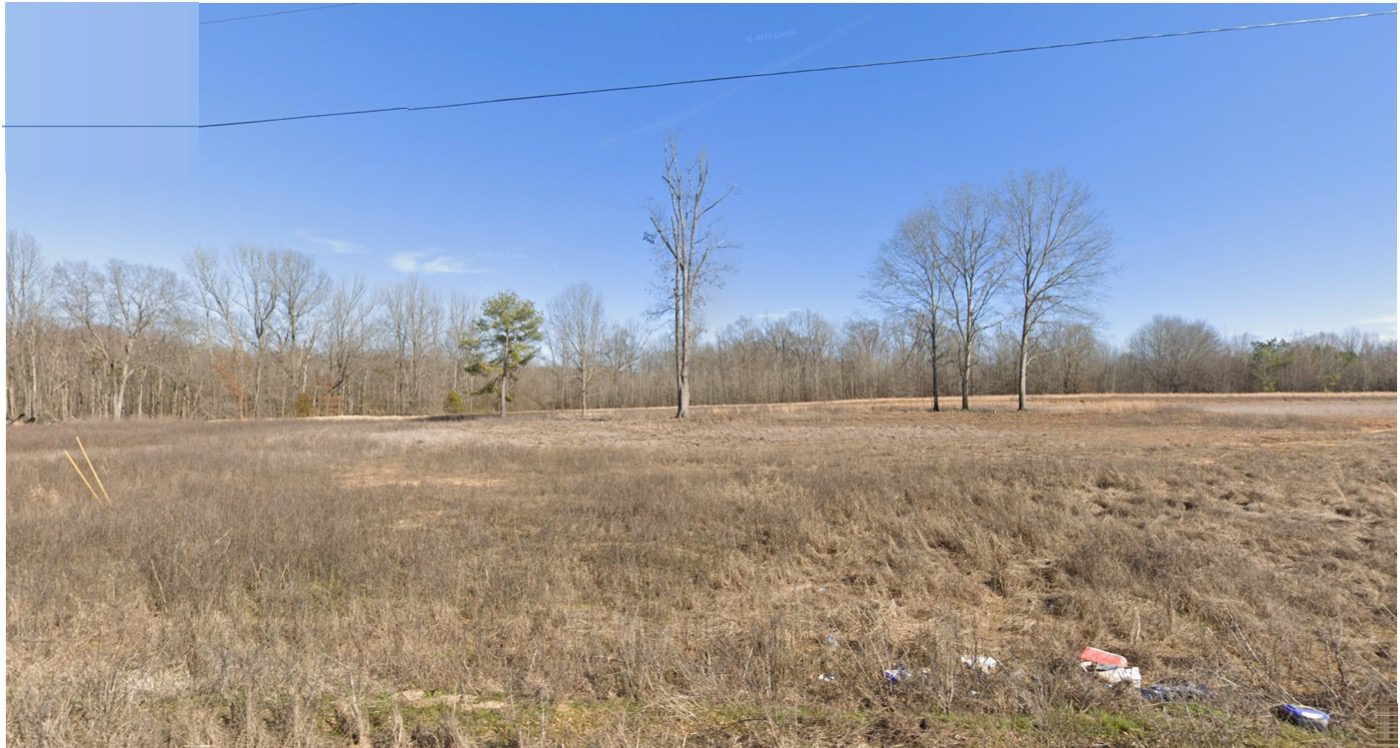A 1031 tax-deferred exchange involves trading two inkind properties. The two properties do not necessarily have to be identical. It is important to understand how the 1031 process works; otherwise, you could forfeit your 1031 deferred tax status and be liable for capital gain taxes now.
Deferment does not mean “taxfree.” The taxes you owe are delayed, not expunged. Beware of tax preparers who will tell you that you do not have to pay taxes on the real estate.
You cannot trade leased real estate. Only business and investment property you own qualifies. For instance, you can swap an office building for a warehouse. Vacation property rented out to tenants also could be used in a 1031 tax-deferred exchange. However, you cannot trade rented buildings just because you own a business.
There is an exception for trading personal property. The place that you now live in and sleep in at night does not count as one to use for declaring 1031 deferred tax status. However, it would if you bought a different house, moved into the new place, and turned the primary one into a rental home.
It must be real estate located within the United States. You must designate a domestic replacement property, not a foreign one. This must be done within 45 days, or you could still be responsible for substantial capital gain taxes.
Beware of debts that could affect a 1031 exchange. For instance, you might own a building that is worth more than $900,000 but exchanged it for one only worth $800,000. The new property would lower your mortgage liability and could be considered again.
Rules for Choosing 1031 Tax Deferred Property
When choosing your tax-deferred property within the 45 days as prescribed by the IRS, you have to follow certain rules. For instance, you can select up to three potential replacements. However, the real estate value of those properties must be less than double the worth of the one you want to relinquish. If the replacements total more than 200 percent, it could disqualify the attempted 1031 deferred tax transaction.
Familiarizing yourself with the key principles of the 1031 tax code and its necessary parties is a great start to your property exchange. For more information on selecting your next property or choosing an intermediary, please visit our resource center.
Sources:
Forbes: http://www.forbes.com/2010/01/26/capitalgainstax1031vacationhomepersonalfinancerobert-
wood.html
Investopedia: http://www.investopedia.com/terms/l/likekindproperty.asp
Please Share This Article
If you enjoyed this article, please share it. We appreciate your support and referrals.
Talk To The Author
Brian Conlon is the Director of Business Development at Meridian Pacific Properties. With years of experience in real estate investing and turnkey property management, Brian specializes in helping investors optimize cash flow, plan for long-term property performance, and navigate the complexities of real estate investing.
Schedule a consultation with Brian to learn more about investing in SFR investment properties.







